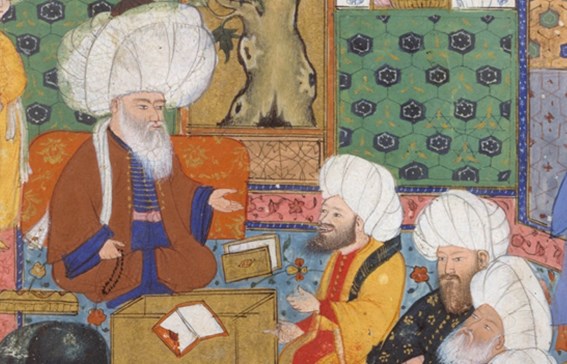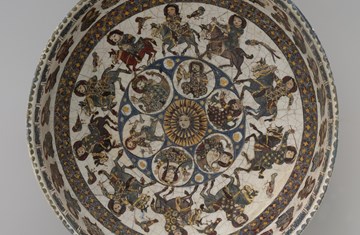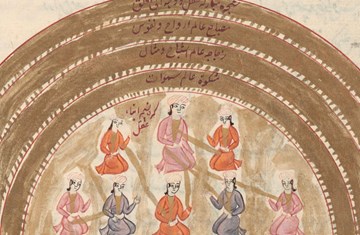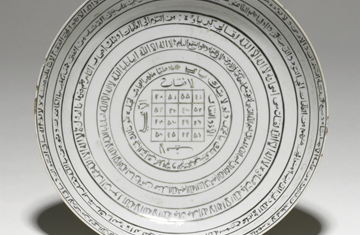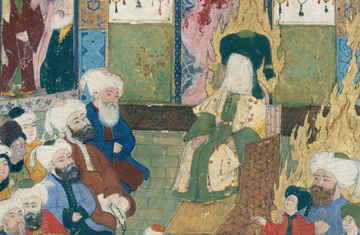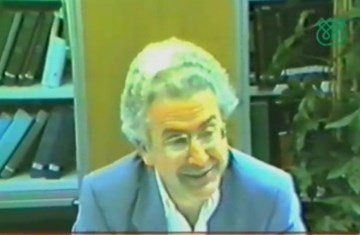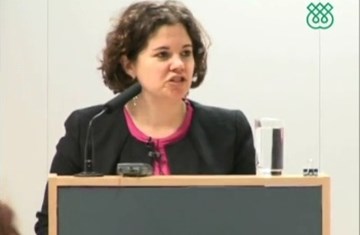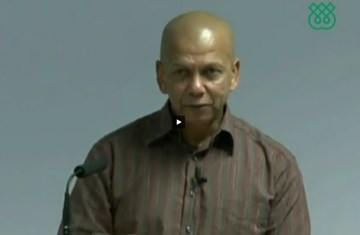The Druzes, from Ismaili Esotericism to the Formation of a Doctrinal School of Law
The Druze dogma was developed in the 5th / 11th century in Cairo during the reign of the sixth Fatimid caliph al-Ḥākim.
The founders of this dogma, notably Ḥamza, were Ismaili missionaries who, in their writings known as al-Ḥikma or the Rasāʾil al-Ḥikma, established a new Ismaili Shi'i doctrine, which parted from the mainstream Fatimid doctrine.
Accused of extremism and exaggeration (ghuluww), the Druze movement was then banned from Cairo under the caliphate of al-Ẓāhir, so it only developed in the Syrian mountains. Rural clan leaders in Syria had indeed converted to Druzism during the daʿwa (1017-1043) and continued to pass on their doctrine secretly until the 9th / 15th century. In this talk, Dr Halawi shows how Druzism was in line with Ismaili doctrine at that time, while developing a substantive law influenced by Sunni fiqh and customary law.


